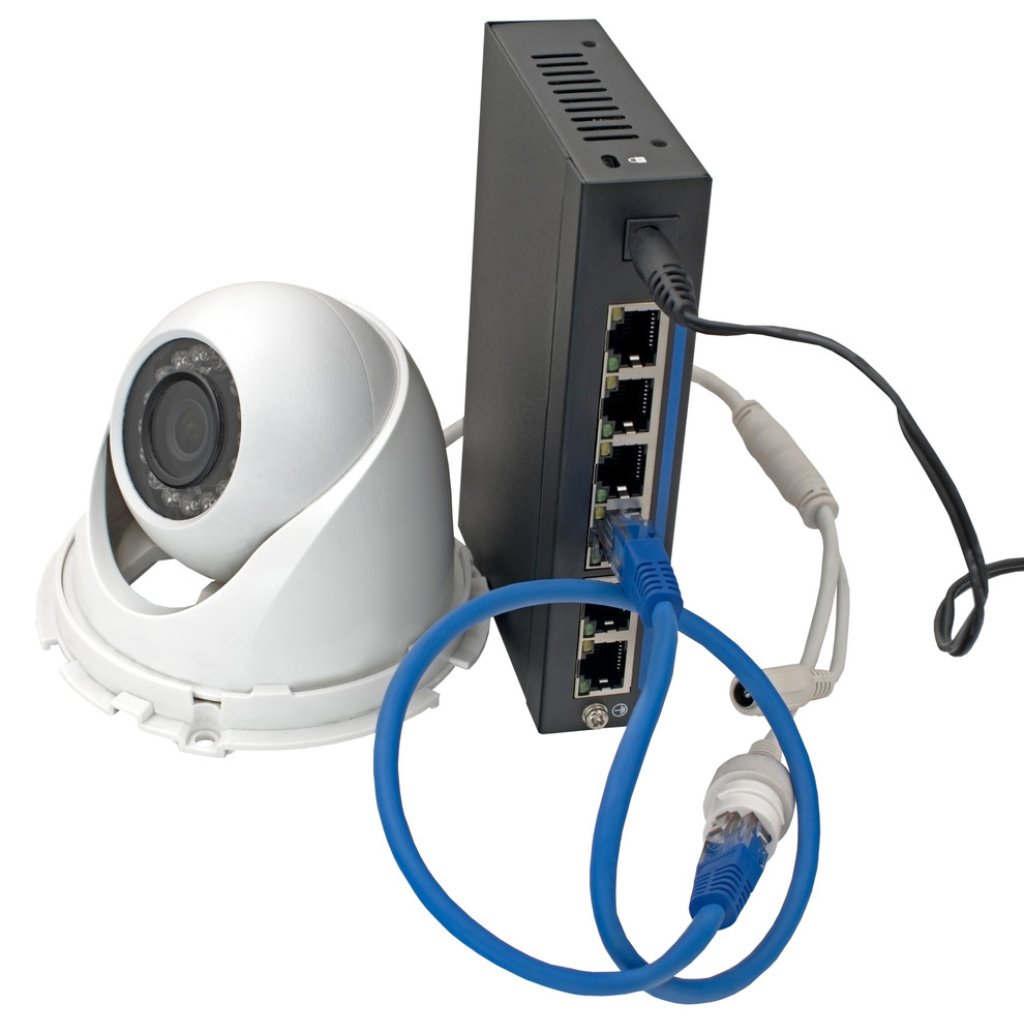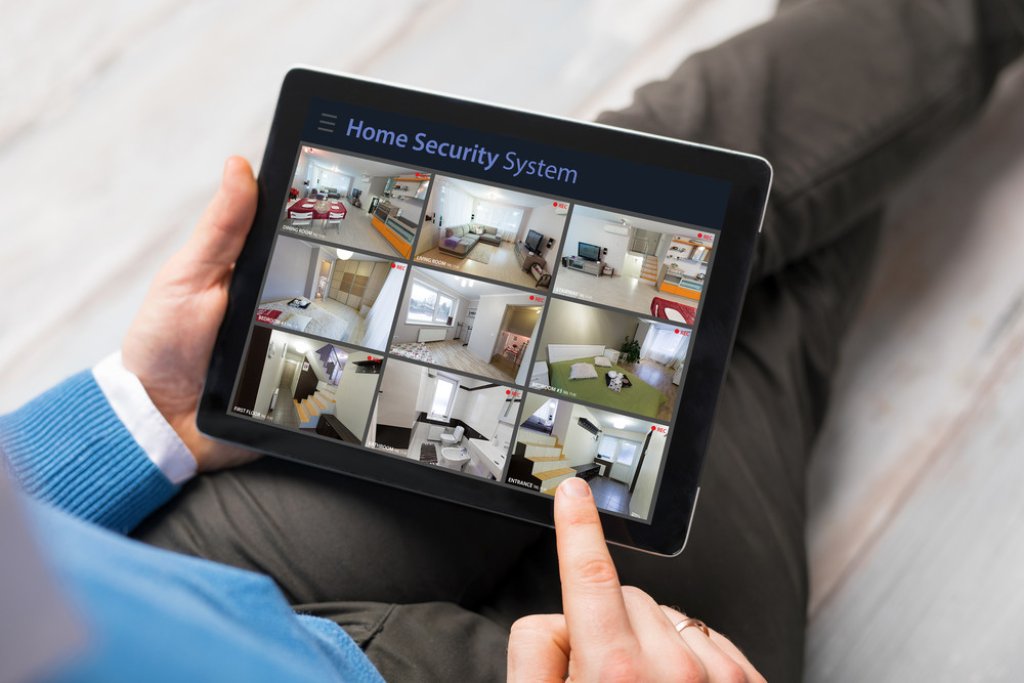Wired vs Wireless security cameras: How to make the right choice
The choice between wired and wireless security cameras is most commonly, but not exclusively, a consideration for home owners, residential properties and small offices.
A lot is at stake when protecting a home and selecting a security camera. In this article, we look at elements that may influence your choice of a security camera to fit your security objectives.
Security cameras provide constant peace of mind
Protecting properties is straightforward with today’s security camera systems. Wireless and wired cameras enable you to monitor your home or small office 24-hours a day, while off-site or on holiday.
When you are in-situ, a system acts as another set of eyes around your property.
Wired vs Wireless security cameras: Overview
Wired cameras require more set-up time and may be more expensive but generally provide greater reliability.
Wireless security cameras are inexpensive and quick to set-up. However, network failure and on-site tampering are possible downsides.
Pros of wired security cameras
Clear video and audio signals
Reliable signals that remain constant
Constant power to cameras
Consistent video streaming
Wireless hacking not possible
Cons of wired security cameras
Not portable: system remains in place if you move
Lengthy wiring must be hidden
Wiring must be run to multiple locations
Cameras limited by number of DVR jacks
Potentially vulnerable during power cuts
Pros of wireless security cameras
Clean installation
Lower set-up costs
System is portable
Scalable; can add more cameras
Intruders cannot cut wire
Cons of wireless security cameras
Limited signal range
Building elements such as walls can impede signal
Possible interference from other Wi-Fi- systems
Prone to digital snooping
Battery life dependency of wireless systems
Wired vs Wireless security cameras: Detailed considerations
Wired and wireless security cameras each have their own advantages and disadvantages.
The choice between wired and wireless depends on factors such as installation convenience, reliability, and security needs.
Here is an in-depth comparison between the two:
Wired security cameras:
Reliability
Wired cameras are generally more reliable because they are not subject to interference from other wireless devices or signal loss caused by distance or obstacles.Stability
As wired cameras are connected directly to the recording device or network via cables, they provide a stable and consistent connection.Security
Wired cameras are often considered more secure because they are not susceptible to hacking or signal interception since they don't transmit data wirelessly.Power Supply
Wired cameras require a constant power source, usually through a nearby electrical outlet or through Power over Ethernet (PoE) for IP cameras. Dependence on a power supply can limit installation locations compared to wireless cameras.Installation
Wired camera installation typically involves running cables, which can be labour-intensive and may require a professional, especially for complex set-ups.Cost
The initial cost of wired cameras may be higher owing to installation expenses, but they may have lower long-term maintenance costs compared to wireless cameras.
Wireless security cameras:
Installation
Wireless cameras are easier to install as they do not require cable installation, cable ties and cable security. Wireless cameras are more flexible in terms of placement and relocation.Scalability
Wireless cameras are simpler to add or relocate compared to wired cameras, which makes them suitable for expanding and modifying surveillance systems.Remote access
Many wireless cameras offer remote access via smartphone apps or web interfaces, which enables users to monitor their property from anywhere with an internet connection.Power supply
Wireless cameras are typically powered by batteries or solar panels, which provides more flexibility in terms of installation locations. However, battery-powered cameras generally require periodic charging or battery replacement.Interference
Wireless cameras can be susceptible to interference from other electronic devices or obstacles such as walls, which may degrade signal quality and reliability.Security
While wireless cameras have improved in terms of security, they may still be vulnerable to hacking or signal interception, especially if they are not adequately secured with strong passwords and encryption.Cost
Wireless security cameras may have lower initial installation costs compared to wired cameras, which means they have a DIY appeal. However, ongoing maintenance costs should be considered.
Conclusion
Wired security cameras offer reliability, stability and enhanced security but require more complex installation and may have limited placement options.
On the other hand, wireless security cameras are easier to install, are scalable, and facilitate remote access but may be susceptible to interference and security risks.
The choice between wired and wireless security cameras depends on the property owner’s or installer’s specific requirements, budget and preferences.
Security video camera privacy laws
Under GDPR, you must abide by prevailing privacy laws that apply to people’s personal data captured on any type of video recording device, including dash cams and home security cameras.
Video footage that is to be shared or is requested via a subject access request must be redacted to protect the identities of all but the subject.
Facit specialises in data privacy compliance solutions.




